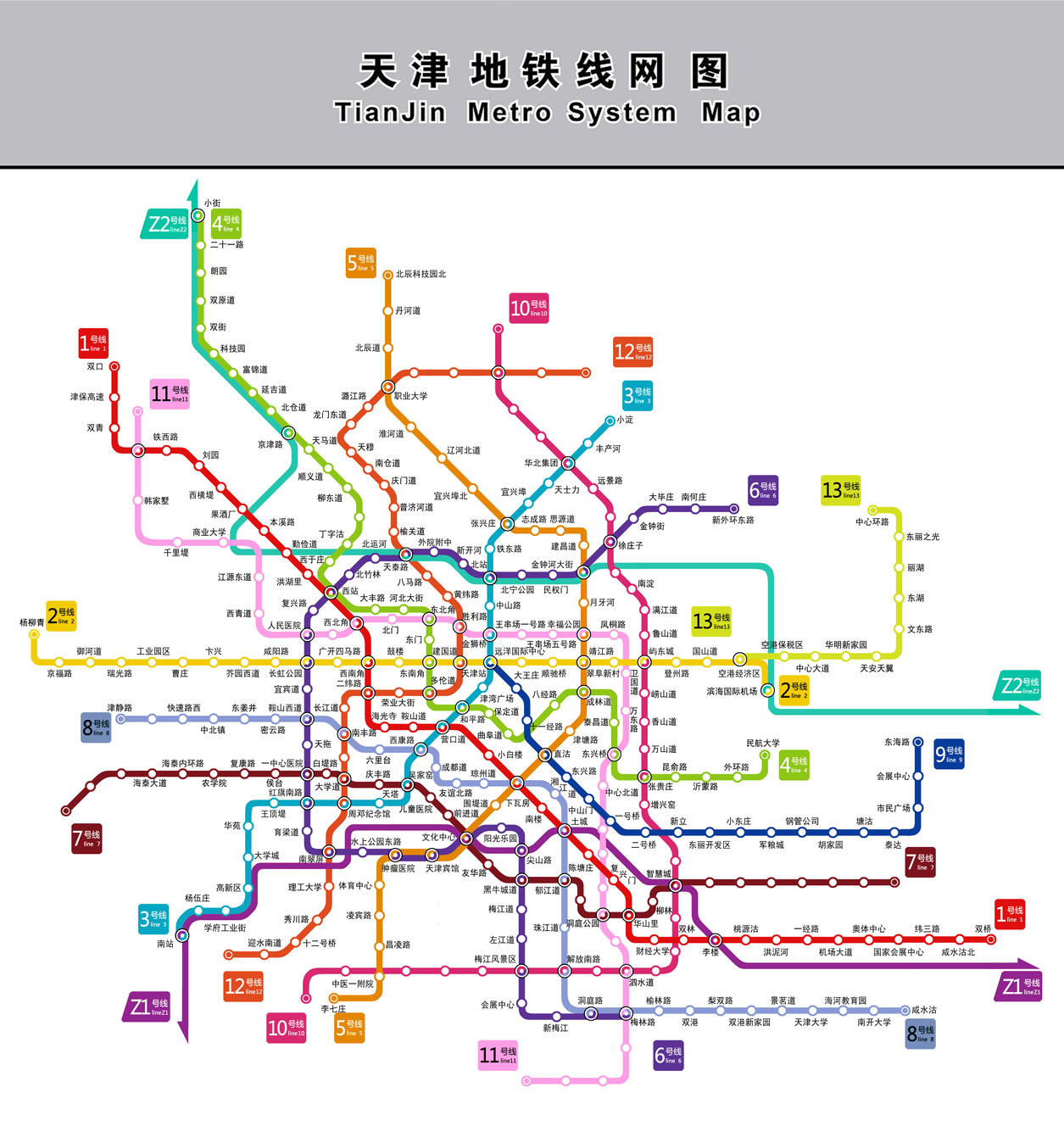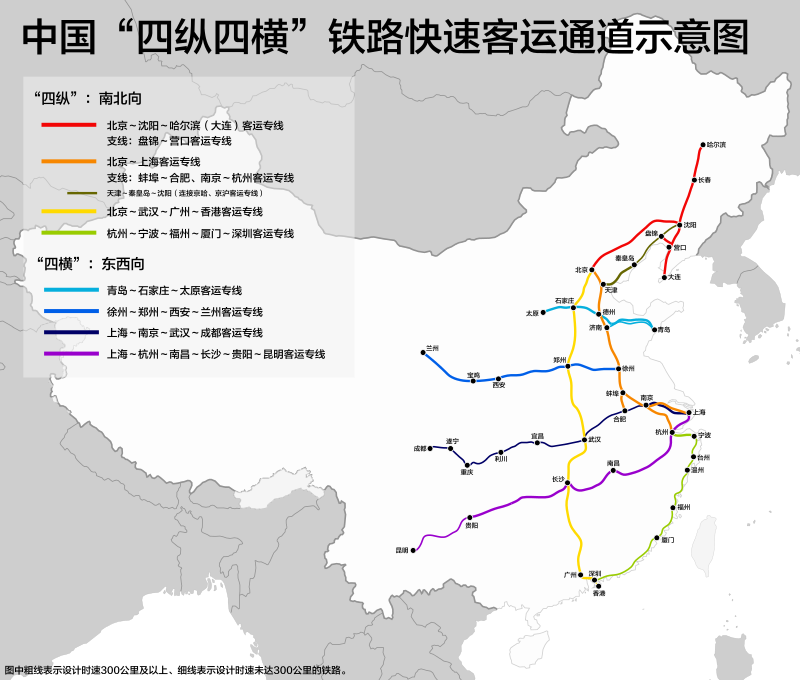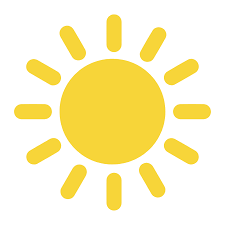
Deutsch-Chinesische Enzyklopädie, 德汉百科
 Tianjin Shi-TJ
Tianjin Shi-TJ



 Anhui Sheng-AH
Anhui Sheng-AH
 Beijing Shi-BJ
Beijing Shi-BJ
 China
China
 Fujian Sheng-FJ
Fujian Sheng-FJ
 Gansu Sheng-GS
Gansu Sheng-GS
 Guangdong Sheng-GD
Guangdong Sheng-GD
 Guizhou Sheng-GZ
Guizhou Sheng-GZ
 Hebei Sheng-HE
Hebei Sheng-HE
 Heilongjiang Sheng-HL
Heilongjiang Sheng-HL
 Henan Sheng-HA
Henan Sheng-HA
 Hongkong Tebiexingzhengqu-HK
Hongkong Tebiexingzhengqu-HK
 Hubei Sheng-HB
Hubei Sheng-HB
 Hunan Sheng-HN
Hunan Sheng-HN
 Jiangsu Sheng-JS
Jiangsu Sheng-JS
 Jiangxi Sheng-JX
Jiangxi Sheng-JX
 Liaoning Sheng-LN
Liaoning Sheng-LN
 Shaanxi Sheng-SN
Shaanxi Sheng-SN
 Shandong Sheng-SD
Shandong Sheng-SD
 Shanghai Shi-SH
Shanghai Shi-SH
 Shanxi Sheng-SX
Shanxi Sheng-SX
 Sichuan Sheng-SC
Sichuan Sheng-SC
 Tianjin Shi-TJ
Tianjin Shi-TJ

 Transport and traffic
Transport and traffic
 High speed traffic
High speed traffic
 Yunnan Sheng-YN
Yunnan Sheng-YN
 Zhejiang Sheng-ZJ
Zhejiang Sheng-ZJ


 Abe Shinzō
Abe Shinzō
 Alexis Tsipras
Alexis Tsipras
 Angela Merkel
Angela Merkel
 António Guterres
António Guterres
 Christine Lagarde
Christine Lagarde
 David Cameron
David Cameron
 Dilma Rousseff
Dilma Rousseff
 Dmitri Anatoljewitsch Medwedew
Dmitri Anatoljewitsch Medwedew
 Donald Trump
Donald Trump
 Emmanuel Macron
Emmanuel Macron

 Energy resource
Energy resource
 Felipe Calderón
Felipe Calderón
 Felipe VI.
Felipe VI.

 Financial
Financial

 Hand in Hand
Hand in Hand
 Hassan Rohani
Hassan Rohani
 Jair Bolsonaro
Jair Bolsonaro
 James Gordon Brown
James Gordon Brown
 Jean-Claude Juncker
Jean-Claude Juncker
 Jim Yong Kim
Jim Yong Kim
 Joachim Gauck
Joachim Gauck
 Joe Biden
Joe Biden
 José Luis Rodríguez Zapatero
José Luis Rodríguez Zapatero
 Juan Manuel Santos
Juan Manuel Santos
 Li Keqiang
Li Keqiang
 Liaoning Sheng-LN
Liaoning Sheng-LN
 Mario Monti
Mario Monti
 Mark Rutte
Mark Rutte
 Mauricio Macri
Mauricio Macri
 Naoto Kan
Naoto Kan
 Narendra Modi
Narendra Modi
 Nelson Mandela
Nelson Mandela

 Party and government
Party and government
 *Think Tank
*Think Tank
 Paul Kagame
Paul Kagame
 Petro Poroschenko
Petro Poroschenko
 Recep Tayyip Erdoğan
Recep Tayyip Erdoğan
 Switzerland
Switzerland
 Stephen Joseph Harper
Stephen Joseph Harper
 Tarō Asō
Tarō Asō
 Theresa May
Theresa May
 Tianjin Shi-TJ
Tianjin Shi-TJ
 Ursula von der Leyen
Ursula von der Leyen
 Wen Jiabao
Wen Jiabao

 Important International Organizations
Important International Organizations

 Economy and trade
Economy and trade
 Economic and political research
Economic and political research
 Wladimir Wladimirowitsch Putin
Wladimir Wladimirowitsch Putin
 World Economic Forum,WEF
World Economic Forum,WEF
 Klaus Schwab
Klaus Schwab
 Xi Jingping
Xi Jingping
 Yasuo Fukuda
Yasuo Fukuda

| Year | Dates | Theme |
|---|---|---|
| 1988 | The new state of the world economy | |
| 1989 | Key developments in the 90s: implications for global business | |
| 1990 | Competitive cooperation in a decade of turbulence | |
| 1991 | The new direction for global leadership | |
| 1992 | Global cooperation and megacompetition | |
| 1993 | Rallying all the forces for global recovery | |
| 1994 | Redefining the basic assumptions of the world economy | |
| 1995 | Leadership for challenges beyond growth | |
| 1996 | Sustaining globalization | |
| 1997 | Building the network society | |
| 1998 | Managing volatility and priorities for the 21st century | |
| 1999 | Responsible globality: managing the impact of globalization | |
| 2000 | New beginnings: making a difference | |
| 2001 | 25–30 January | Sustaining growth and bridging the divides: a framework for our global future |
| 2002 | 31 January – 4 February | Leadership in fragile times (held in New York instead of Davos) |
| 2003 | 21–25 January | Building trust |
| 2004 | 21–25 January | Partnering for security and prosperity |
| 2005 | 26–30 January | Taking responsibility for tough choices |
| 2006 | 25–29 January | The creative imperative[61] |
| 2007 | 24–28 January | Shaping the global agenda, the shifting power equation |
| 2008 | 23–27 January | The power of collaborative innovation |
| 2009 | 28 January – 1 February | Shaping the post-crisis world |
| 2010 | 27–30 January | Improve the state of the world: rethink, redesign, rebuild |
| 2011 | 26–30 January | Shared norms for the new reality |
| 2012 | 25–29 January | The great transformation: shaping new models |
| 2013 | 23–27 January | Resilient dynamism[62] |
| 2014 | 22–25 January | The reshaping of the world: consequences for society, politics and business |
| 2015 | 21–24 January | New global context |
| 2016 | 20–23 January | Mastering the fourth industrial revolution |
| 2017 | 17–20 January | Responsive and responsible leadership |
| 2018 | 23–26 January | Creating a shared future in a fractured world |
| 2019 | 22–25 January | Globalization 4.0: shaping a global architecture in the age of the fourth industrial revolution |
| 2020 | 20–24 January | Stakeholders for a cohesive and sustainable world[citation needed] |
| 2021 | 17–20 August | canceled as a result of COVID-19 pandemic |
| 2022 | 22–26 May | History at a Turning Point: Government Policies and Business Strategies[63] |
| 2023 | 16-20 January | Cooperation in a Fragmented World [64] |
世界经济论坛(英语:World Economic Forum,简称WEF)是一个以基金会形式成立的非营利组织,成立于1971年,总部设在瑞士日内瓦州科洛尼。其以每年冬季在瑞士滑雪胜地达沃斯举办的年会(俗称达沃斯论坛,英语:Davos Forum)闻名于世,历次论坛均聚集全球工商、政治、学术、媒体等领域的领袖人物,讨论世界所面临最紧迫问题。[1]
Das Weltwirtschaftsforum (World Economic Forum, kurz WEF) ist eine in Cologny im Schweizer Kanton Genf ansässige Stiftung, die in erster Linie für das von ihr veranstaltete Jahrestreffen gleichen Namens bekannt ist, das alljährlich in Davos im Kanton Graubünden stattfindet. Hierbei kommen international führende Wirtschaftsexperten, Politiker, Intellektuelle und Journalisten zusammen, um über aktuelle globale Fragen zu diskutieren. Diese umfassen neben der Wirtschafts- auch die Gesundheits- und Umweltpolitik.
Das Forum organisiert auch das Annual Meeting of the New Champions in China sowie verschiedene regionale Treffen im Verlauf des Jahres. Es wurde 1971 von Klaus Schwab in der Schweiz gegründet.[1] Neben den Jahrestreffen gibt das Forum Forschungsberichte heraus. Seine Mitglieder betätigen sich in verschiedenen branchenspezifischen Initiativen.[2]
世界経済フォーラム(せかいけいざいフォーラム、World Economic Forum)は、経済、政治、学究、その他の社会におけるリーダーたちが連携することにより、世界・地域・産業の課題を形成し、世界情勢の改善に取り組む、独立した国際機関。ジュネーヴに本部を置きスイスの非営利財団の形態を有している。1971年にスイスの経済学者クラウス・シュワブにより設立された。
スイスのダボスで開催される年次総会が特によく知られており、約2500名の選ばれた知識人やジャーナリスト、多国籍企業経営者や国際的な政治指導者などのトップリーダーが一堂に会し、健康や環境等を含めた世界が直面する重大な問題について議論する場となっている。また、同機関は、東アジアやラテンアメリカなど6-8の地域会議を開催し、中国及びアラブ首長国連邦においても別途の年次総会を開催している。さらに、会議だけではなく、同機関はさまざまな研究報告書を発表したり、メンバーたちが各業界に関連したイニシアティブに関わるなどの活動を行っている。2011年のダボスにおける年次総会は1月26日-30日に開催された。2012年総会は1月25日-29日に"The Great Transformation: Shaping New Models"というテーマで開催された。2013年総会は1月23日-27日に、創設者クラウス・シュワブによる「地球規模の協力の必要性が今ほど重要な時代はない」との声明を受け、"Resilient Dynamism"というテーマで催された。2014年年次総会は1月22-25日に"The Reshaping of the World: Consequences for Society, Politics and Business"というテーマで催された。2015年年次総会は、"The New Global Context"というテーマで催された。
The World Economic Forum (WEF) is a Swiss nonprofit foundation, based in Cologny, Geneva, Switzerland. Recognised in 2015 by the Swiss authorities as an "other international body" under Switzerland's Host State Act 2007 (HSA, SR 192.12),[1] its mission is cited as "committed to improving the state of the world by engaging business, political, academic, and other leaders of society to shape global, regional, and industry agendas".
The WEF is best known for its annual meeting at the end of January in Davos, a mountain resort in Graubünden, in the eastern Alps region of Switzerland. The meeting brings together some 2,500 top business leaders, international political leaders, economists, celebrities and journalists for up to four days to discuss the most pressing issues facing the world. Often this location alone is used to identify meetings, participation, and participants, with such phrases as "a Davos panel" and "Davos man" being used.[2]
The organization also convenes some six to eight regional meetings each year in locations across Africa, East Asia, and Latin America, and holds two further annual meetings in China, India and the United Arab Emirates. Beside meetings, the foundation produces a series of research reports and engages its members in sector-specific initiatives.[3]
Le forum économique mondial (en anglais : World Economic Forum, abrégé WEF), souvent appelé forum de Davos1,2,3, est une fondation à but non lucratif dont le siège est à Genève. Ce forum est connu pour sa réunion annuelle à Davos, en Suisse, qui réunit des dirigeants d’entreprise, des responsables politiques du monde entier ainsi que des intellectuels et des journalistes, afin de débattre les problèmes les plus urgents de la planète, y compris dans les domaines de la santé et de l’environnement. Le forum organise également la « Réunion annuelle des nouveaux champions » en Chine et plusieurs réunions régionales qui se tiennent tout au long de l’année. Il a été créé en 1971 par Klaus M. Schwab, professeur d’économie en Suisse4. Parallèlement aux réunions, le forum publie un certain nombre de rapports économiques et implique ses membres dans différentes initiatives liées à des secteurs spécifiques5.
Il Forum economico mondiale (nome originale in inglese: World Economic Forum, conosciuto anche come Forum di Davos) è una fondazione senza fini di lucro con sede a Cologny, vicino a Ginevra, in Svizzera, nata nel 1971 per iniziativa dell'economista ed accademico Klaus Schwab.[1]
La fondazione organizza ogni inverno, presso la cittadina sciistica di Davos in Svizzera, un incontro tra esponenti di primo piano della politica e dell'economia internazionale con intellettuali e giornalisti selezionati, per discutere delle questioni più urgenti che il mondo si trova ad affrontare, anche in materia di salute e di ambiente. Oltre a questo celebre incontro annuale, il Forum economico mondiale organizza ogni anno un meeting in Cina e negli Emirati Arabi Uniti e diversi incontri a livello regionale. La Fondazione produce anche una serie di rapporti di ricerca e impegna i suoi membri in specifiche iniziative settoriali.[2]
El Foro Económico Mundial (World Economic Forum, WEF), también llamado Foro de Davos, es una fundación sin fines de lucro con sede en Ginebra, que se reúne anualmente en el Monte de Davos (Suiza), y que sobre todo es conocida por su asamblea anual en Davos, Suiza. Allí se reúnen los principales líderes empresariales, los líderes políticos internacionales, así como periodistas e intelectuales selectos, a efectos de analizar los problemas más apremiantes que afronta el mundo, y entre ellos, la salud y el medio ambiente desde 1991.
El Foro también organiza la “Asamblea Anual de Nuevos Campeones” en China y una serie de asambleas regionales durante el año. En 2008, dichas asambleas regionales incluyeron reuniones en Europa y Asia Central, Asia Oriental, la Mesa Redonda de Directores Ejecutivos de Rusia, África, Oriente Medio, así como el Foro Económico Mundial en Latinoamérica.
Durante el 2008, se lanzó la “Cumbre Inaugural sobre la Agenda Global" en Dubái, con la presencia de 700 expertos mundiales de cada sector que trataron 68 cambios globales identificados por el Foro.
El Foro Económico Mundial fue fundado en 1971 por Klaus M. Schwab, profesor de economía en Suiza.1 Además de asambleas, el Foro genera una serie de informes de investigación e involucra a sus miembros en iniciativas específicas de cada sector.2
Всемирный экономический форум (ВЭФ) — швейцарская неправительственная организация, наиболее известная организацией ежегодных встреч в Давосе. На встречи приглашаются ведущие руководители бизнеса, политические лидеры, видные мыслители и журналисты. Предметом обсуждения являются наиболее острые мировые проблемы, включая здравоохранение и охрану окружающей среды.


天津小站练兵园拓展基地,是以小站练兵史实为基础,以北洋历史、天津近代文化、小站稻文化为脉络,是中国近代袁世凯等小站练兵的历史复原。 天津小站练兵园位于小站津歧路东盛塘路南,占地面积20万平方米。园内有正门、纪念碑、小站练兵史馆、袁世凯行辕、新军督练处、行营买卖街、讲武堂、练兵园、城墙、炮台、护城河等景点。

Der Yongding He (chinesisch 永定河, Pinyin Yǒngdìng Hé, W.-G. Yung-ting Ho) ist der größte Fluss in Peking und der größte Nebenfluss des Hai He in China.
Seine Gesamtlänge beträgt 650 km. Er entspringt im Gebirge Guancen Shan 管涔山 im Kreis Ningwu 宁武县 im Norden der Provinz Shanxi, fließt durch die Innere Mongolei, Hebei sowie die Gebiete der regierungsunmittelbaren Städte Peking und Tianjin.
Zu seinem Flussnetz gehören die Flüsse Sanggan He 桑干河, Yang He 洋河, Qingshui He 清水河 (Zhangjiakou) und Shuiding Xinhe 永定新河.
永定河(满语:ᡝᠨ᠋ᡨᡝ᠋ᡥᡝᠮᡝ
ᡨ᠋ᠣᡴ᠋ᡨ᠋ᠣᡥᠣ
ᠪᡳᡵᠠ,穆麟德转写:Enteheme Toktoho bira),古称㶟水,隋代称桑干河,金代称卢沟,元代称浑河,旧名无定河,海河流域七大水系之一,是河北系的最大河流。流域面积47,016平方千米,其中山区面积45,063平方千米,平原面积1,953平方千米。永定河全长747公里,流经内蒙古、山西、河北三省区、北京、天津两个直辖市、共43个县市。全流域面积4.7万平方公里。
永定河上游的桑干河和洋河两大支流,在河北省怀来县朱官屯汇合,以下的河段称永定河,在延庆区汇入妫水河,经官厅水库流入官厅山峡(官厅水库至三家店区间)。从官厅至朱官屯河长30公里,官厅山峡河长108.7千米,至门头沟三家店流入平原。从三家店以下至天津的入海口,河道全长大约200公里。根据水利系统人们将永定河分为三家店至卢沟桥、卢沟桥至梁各庄、永定河泛区和永定新河四段。
永定河因为经常泛滥更改河道,得名“无定河”。康熙帝改名“永定河”。



 Geography
Geography
 Eat and Drink
Eat and Drink